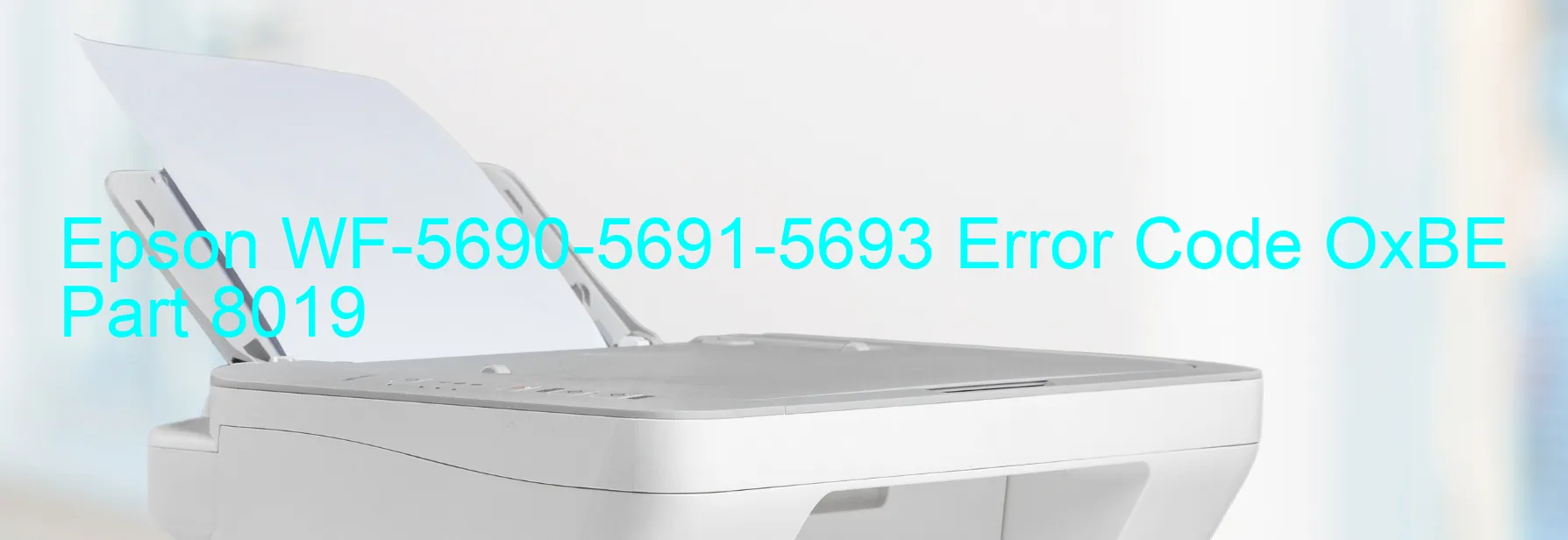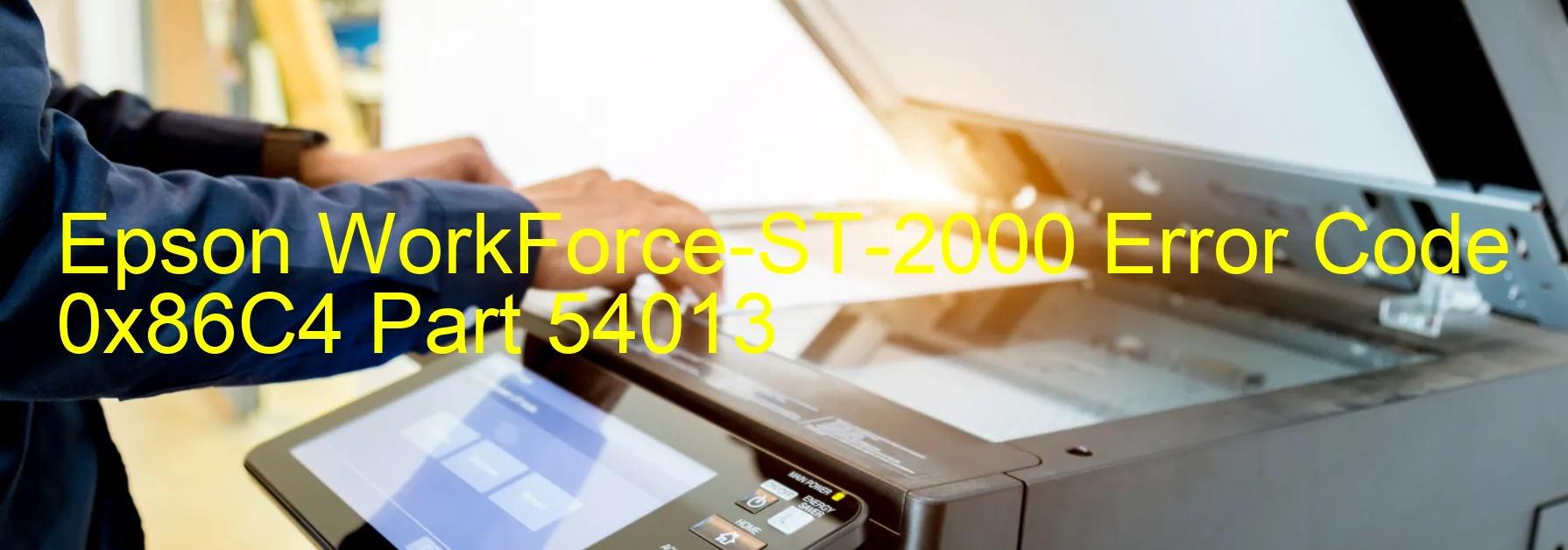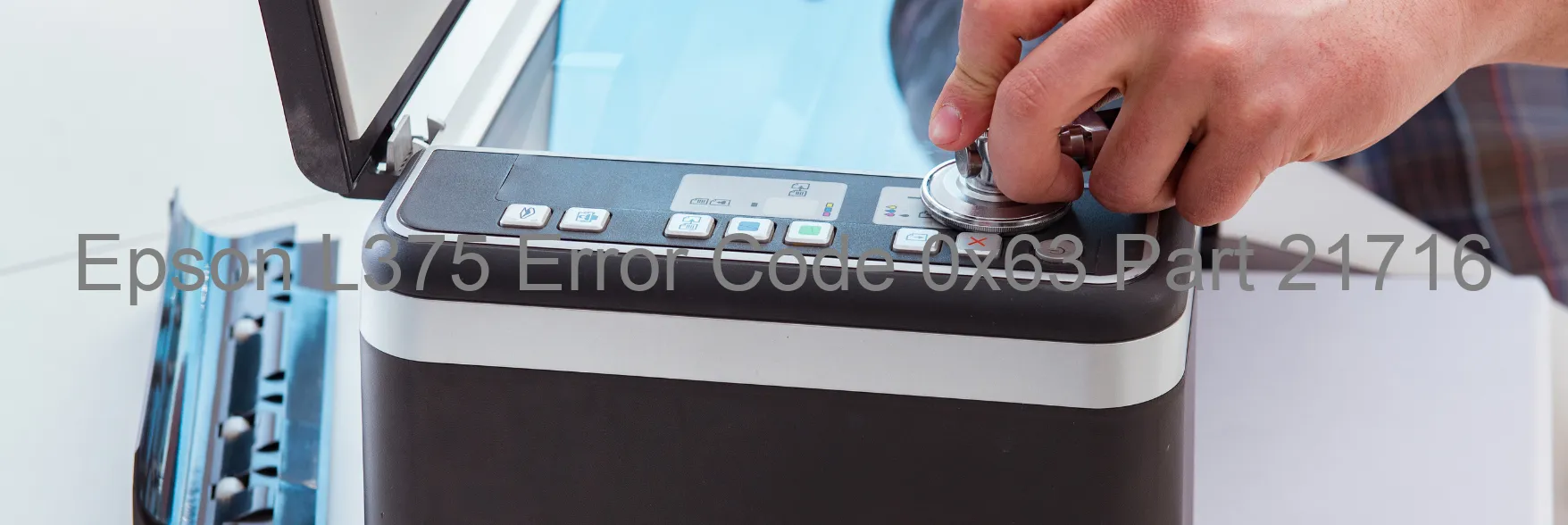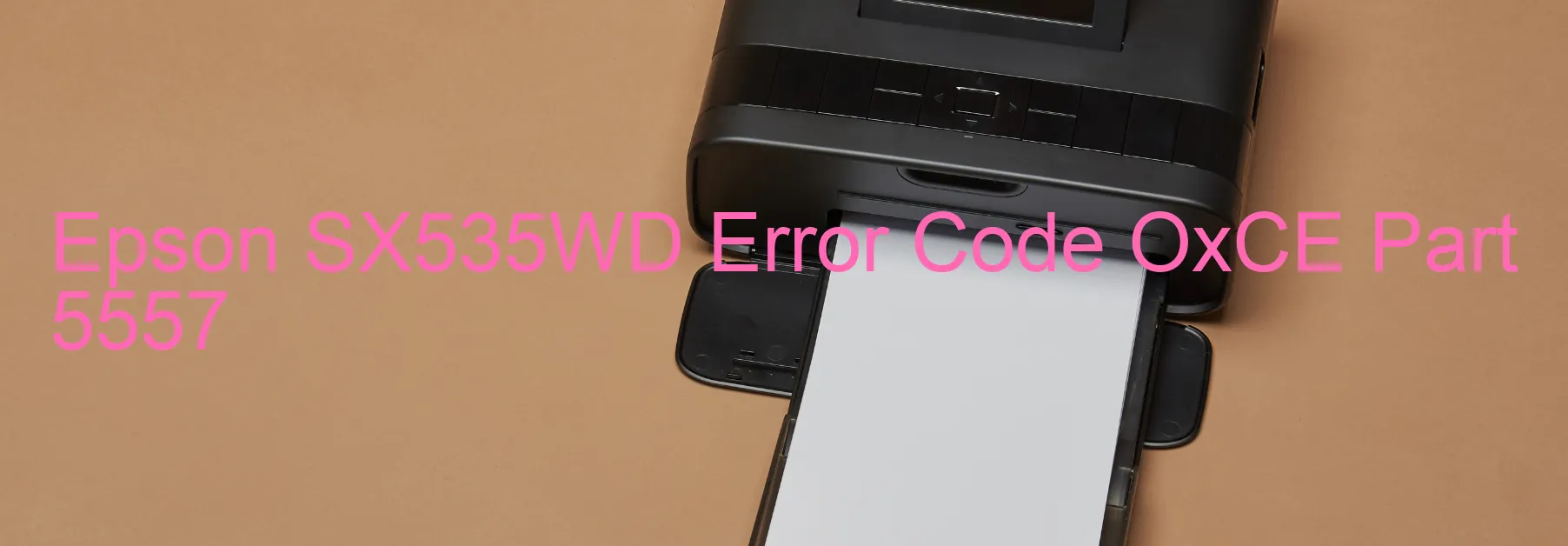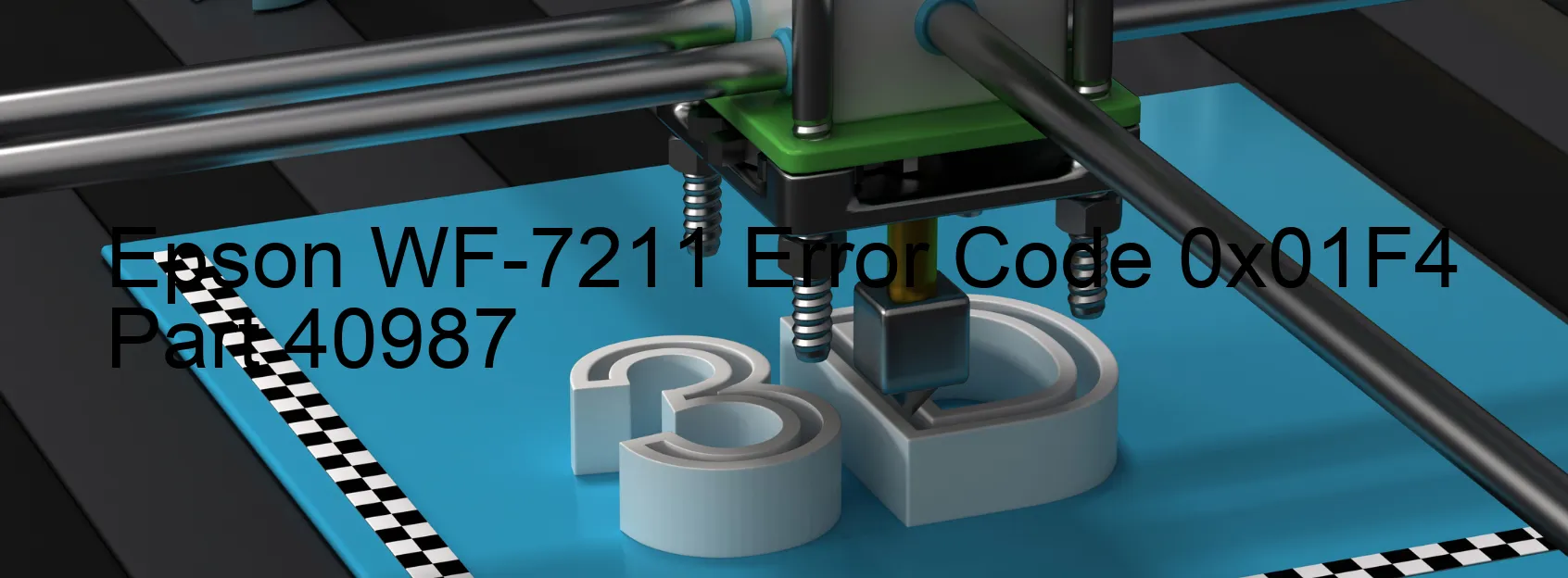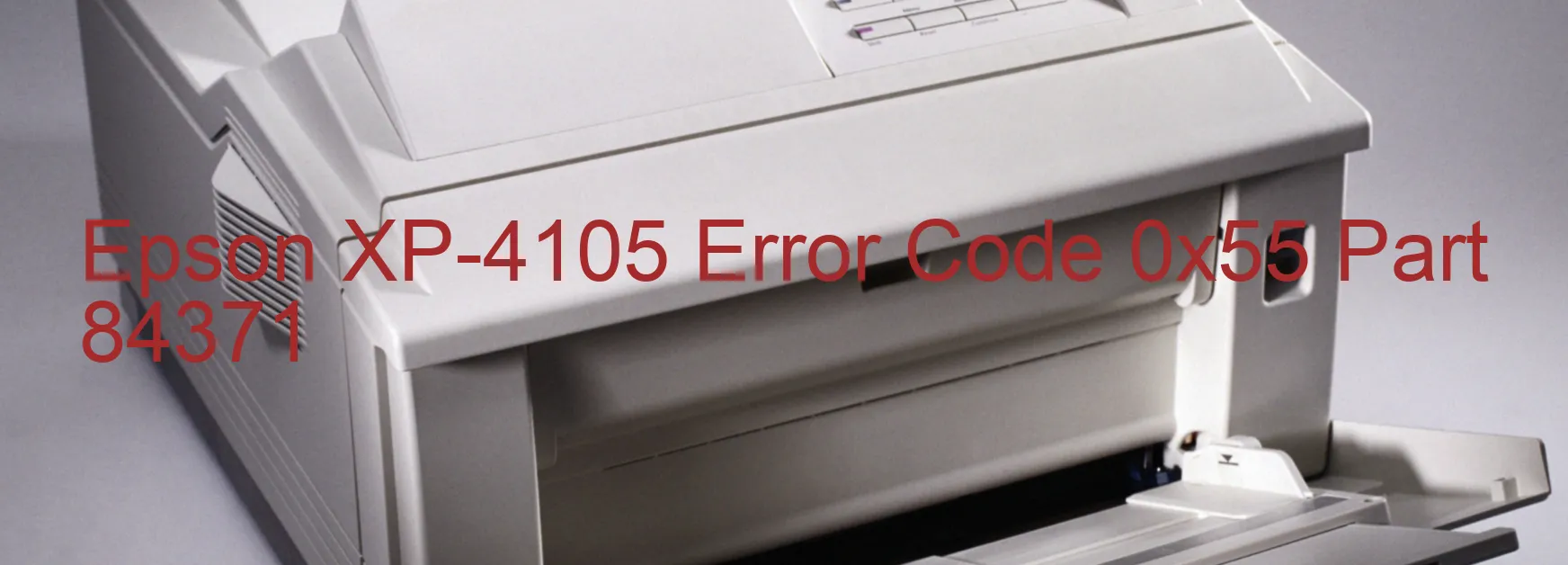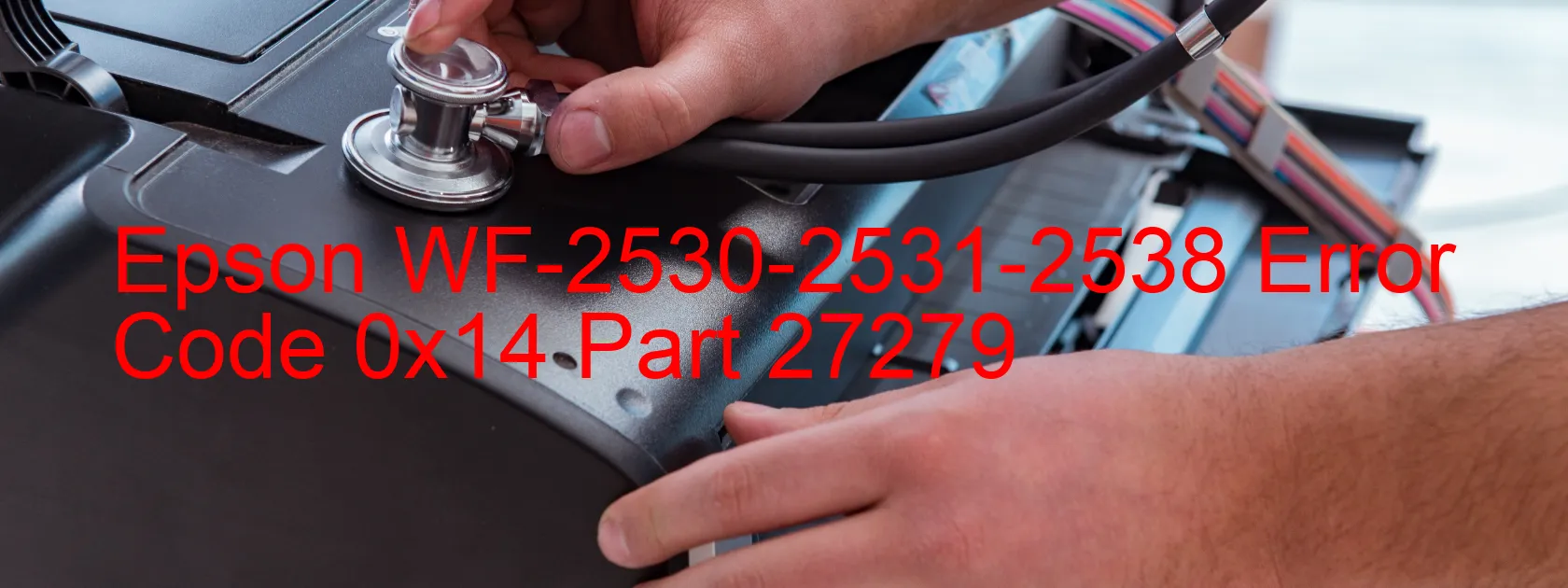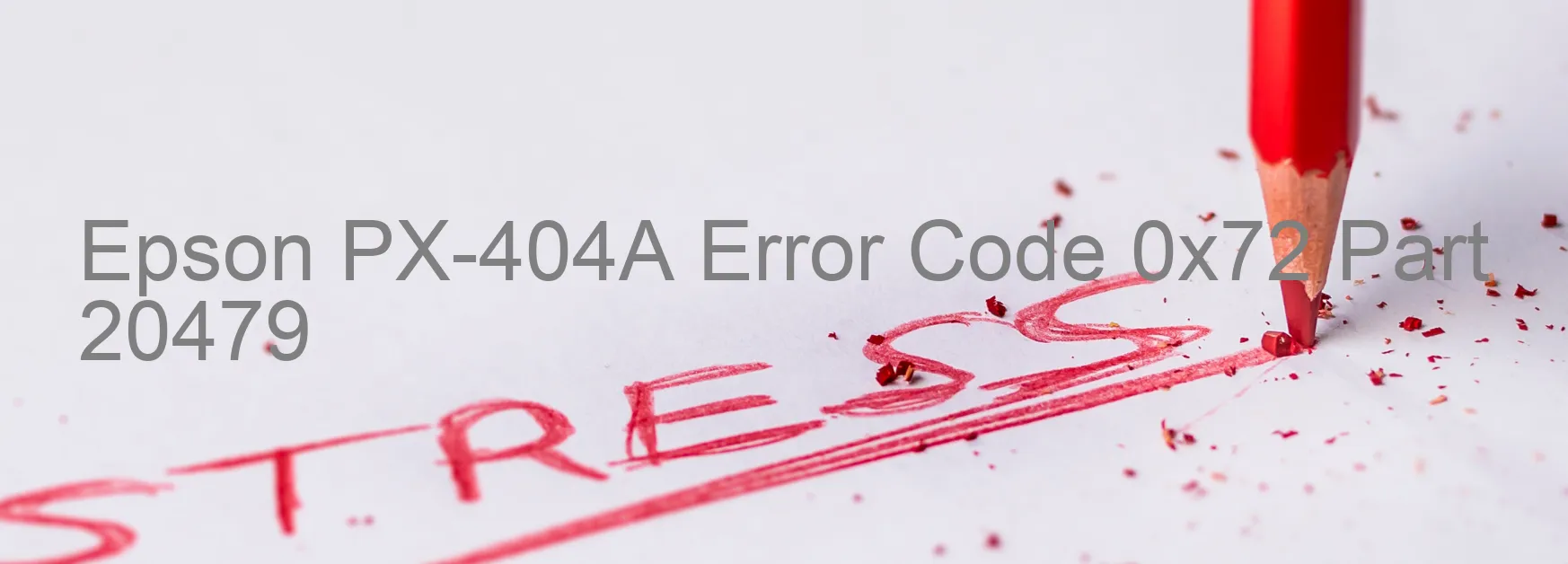Epson TX430W Error 0x01
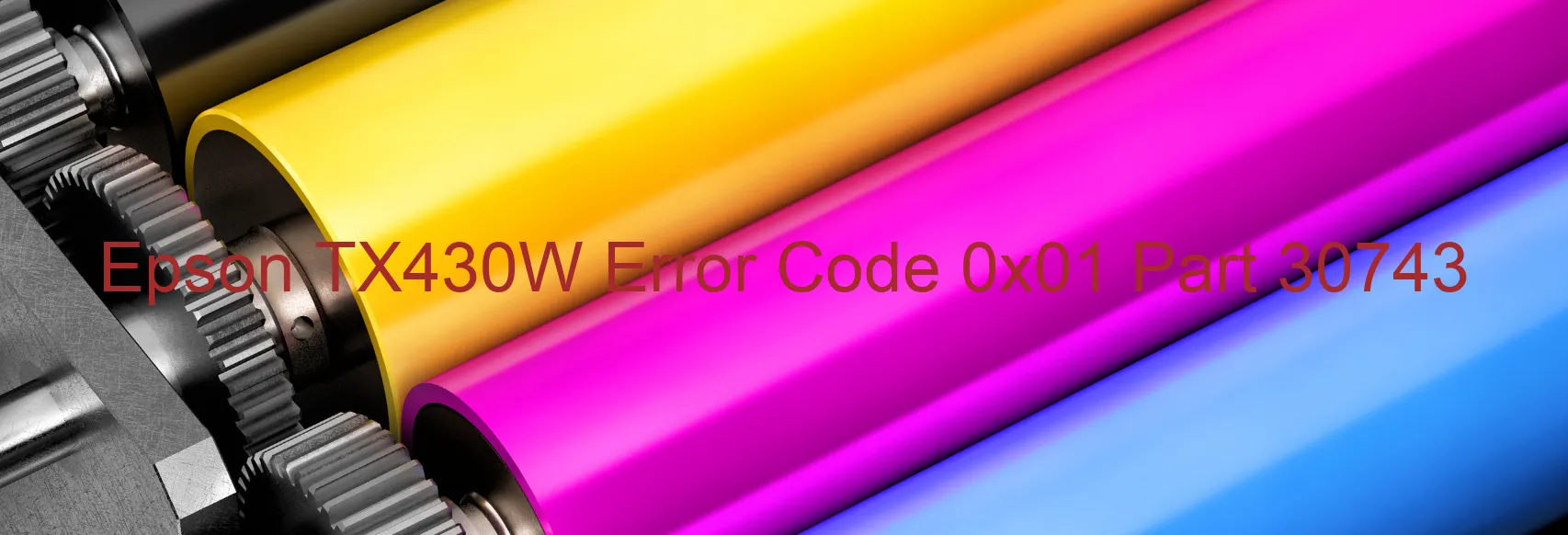
The Epson TX430W printer is equipped with a helpful error code system that notifies users about specific issues they might encounter. One of the common error codes that might appear on the printer’s display is 0x01, indicating a CR PID excess load error. This error relates to problems with the printer’s CR (carriage) mechanism, specifically the CR encoder and motor.
When the CR PID excess load error occurs, it implies that there is a malfunction with the CR encoder, which is responsible for encoding the carriage position. Additionally, it could suggest a failure in the CR motor that powers the carriage’s movement. Another possible cause is an overload in the CR mechanism, possibly due to issues such as tooth skip or improper tensioning of the timing belt. Other factors that can contribute to this error include cable or FFC (Flexible Flat Cable) disconnection, motor driver failure, or even a malfunctioning main board.
To troubleshoot this error, several steps can be taken. Initially, ensure that the printer is powered off and unplugged. Examine the printer for any visible damage, loose cables, or disconnections in the CR mechanism. If any anomalies are detected, carefully reconnect or replace the affected parts. Next, try cleaning the CR encoder strip with a lint-free cloth to eliminate any dirt or debris that might interfere with its functionality. If the error persists, contacting Epson customer support or a qualified technician for further assistance is recommended.
In conclusion, Epson TX430W Error code 0x01 is a CR PID excess load error that indicates potential issues with the CR encoder, motor, or overall mechanism. Through proper troubleshooting and, if necessary, seeking professional help, users can resolve this error and continue using their printer efficiently.
| Printer Model | Epson TX430W |
| Error Code | 0x01 |
| Display on | PRINTER |
| Description and troubleshooting | CR PID excess load error. CR encoder failure. CR motor failure. CR Mechanism overload. Tooth skip or improper tension of the timing belt. Cable or FFC disconnection. Motor driver failure. Main board failure. |
